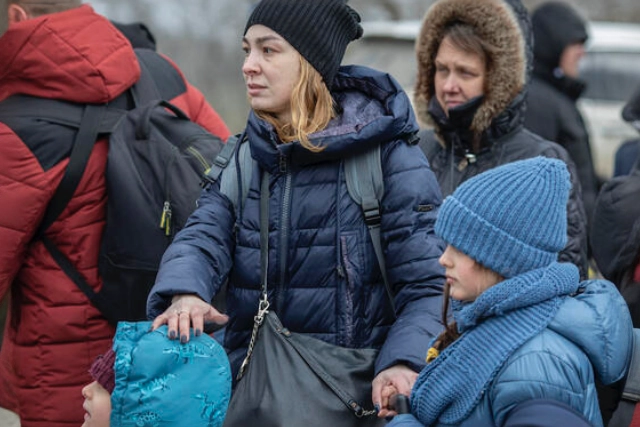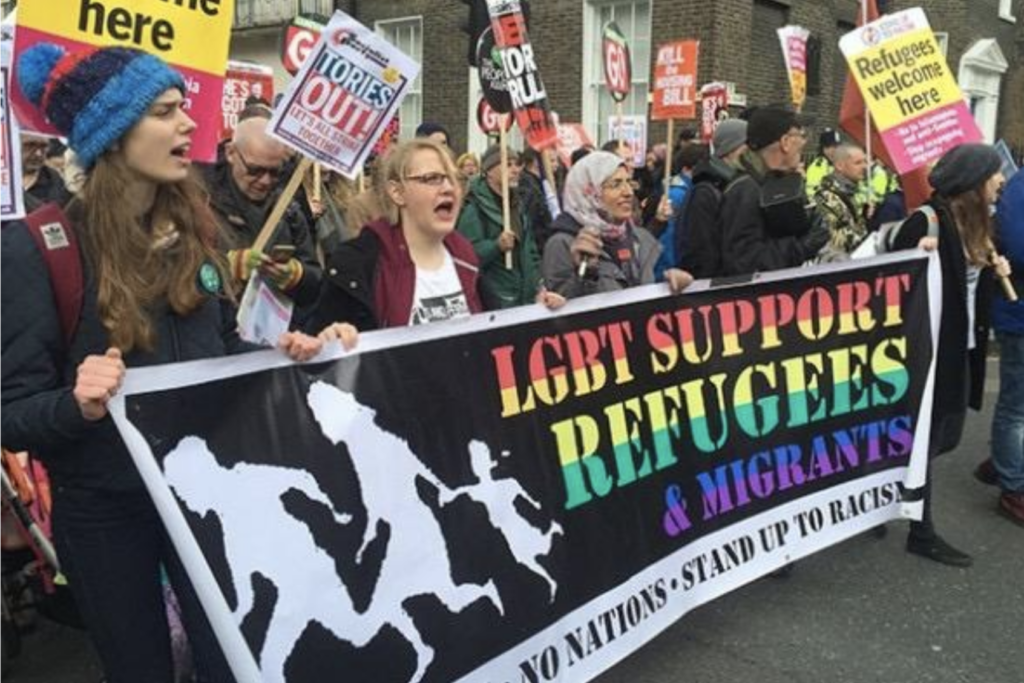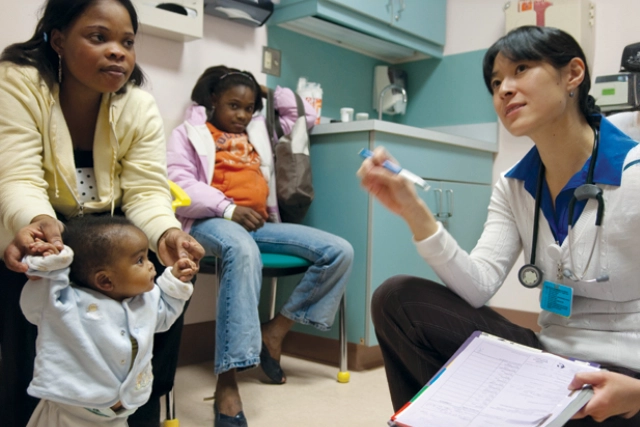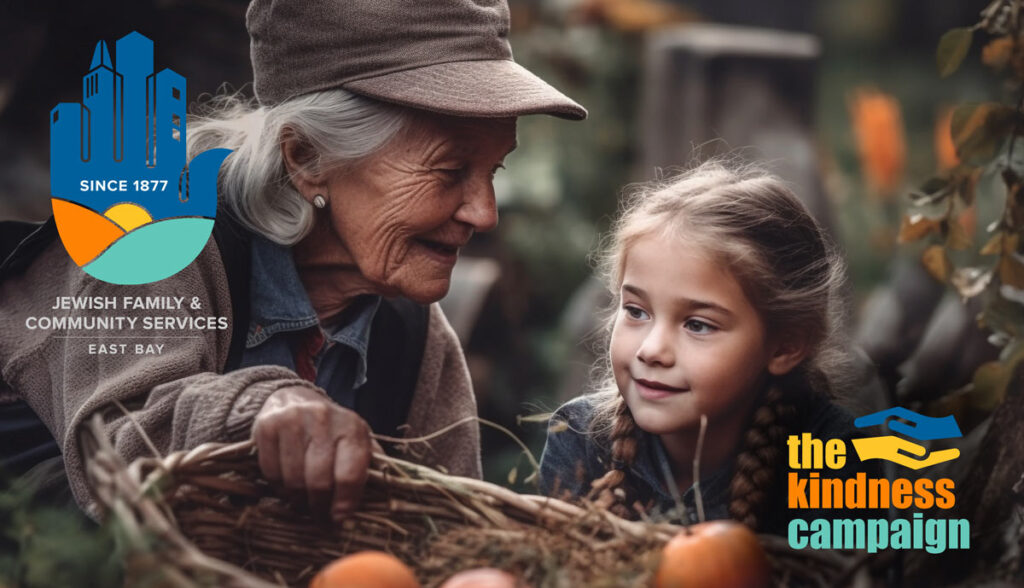Refugee Resettlement
JFCS East Bay’s resettlement program focuses on refugees who have experienced persecution based on their religion, ethnicity, sexual orientation, or gender identity.
Diverse support from a knowledgeable team
We have extensive expertise in resettling refugees who are vulnerable and fleeing violent and dire circumstances. Our resettlement team includes Arabic, Dari, Farsi, French, Pashto, Russian, Spanish, Ukrainian and Urdu speakers, many of whom were themselves refugees or immigrants.
Comprehensive care for every individual and family
Our resettlement program features holistic case management, including:
- Pre-migration documentation and assistance
- Assistance with finding initial housing
- Furniture and household goods donations
- In-depth and ongoing cultural orientation
- Accessing medical and mental health services
- Enrolling clients in ESL classes and vocational support
- Enrolling children in schools
- Linking clients with appropriate local resources
- Matching clients with volunteers and tutors
- Parenting support
- Managing crises or family upheaval
- Mental health support
- Social gatherings and celebrations (virtual during shelter-in-place)
“All credit goes to JFCS Easy Bay, because without them helping us with the monthly rent and housing services, we wouldn’t be here. It’s only been 1.5 years, but it feels like we have been here for years. I realized I found a new family in the form of an organization JFCS Easy Bay.”
Sayed Muhiballah HashmiJFCS Easy Bay Client 










